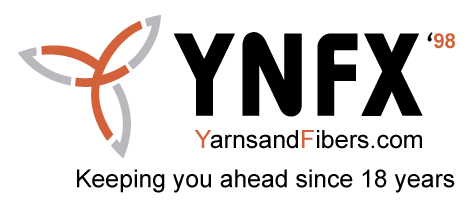Related Keywords: backbone of industry, direct and indirect exporters, discriminative policies, high input cost, imported yarn, indirect traders, Pakistan Weaving Mills Association, Pakistani weaving sector, shortage of cotton, suffering and on the verge of collapse, trading activity, who supply goods to exporters
Pakistani weaving sector, due to the discriminative policies of the government are suffering and almost on the verge of collapse, especially indirect traders who supply goods to the exporters.
According to Asif Siddiq, founding member and patron-in-chief of Pakistan Weaving Mills Association, exporters have been allowed to import yarn at zero percent duty and no income tax and sales tax while the indirect exporters have to pay 15 percent custom duty and one percent income tax.

